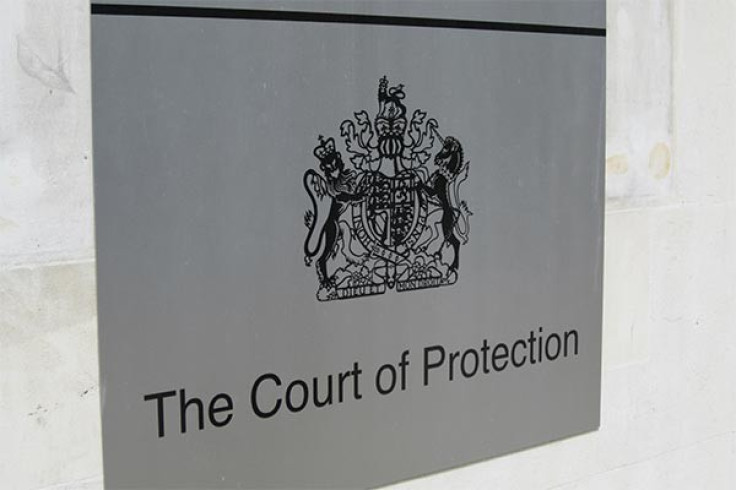British Judge Rules Against Force-Feeding Anorexic Woman

A judge has ruled that a chronically ill woman suffering from the eating disorder anorexia nervosa should not be force-fed.
Following a hearing in the Court of Protection, the judge ruled last month that she should not be force-fed or forced to have treatment, even though her life was in "imminent danger."
An NHS trust had asked the judge to make rulings on what was in the woman's best interests and were advised that doctors thought it was in her best interests not to be forced to undergo treatment.
The young woman reportedly wrote an impassioned letter to Mr Justice Cobb asking for her treatment to be withdrawn so that she could spend her final days "doing nice things."
She said she was "fully aware" of what was wrong with her and what the "effects of my wish to refuse treatments" would be.
This is an unusual and desperately sad case. I have reached the clear conclusion that I should not compel treatment for [her] anorexia.
The details of her letter were revealed yesterday (8 October) when Mr Justice Cobb published a written analysis of the case.
"Whatever time I have left I just want to live each day alongside my granddad and [siblings], who are my world," she wrote.
"I want them to know 'me' rather than this illness and to have some nice memories of our time together."
Describing the case as "unusual and desperately sad", the judge said the woman had been afflicted by a "psychological dependence" on alcohol which had caused "end stage" irreversible liver disease, while anorexia nervosa had dominated her life for the past 14 years.
He said the woman, who had been admitted to hospital more than 45 times in 11 years, had suffered childhood traumas that had left "deep wounds" and manifested themselves through her "psychological disturbance". She had used her eating disorder and alcohol as "props to enable her to function" and sometimes being detained under the provisions of mental health legislation.
"This is an unusual and desperately sad case," said the judge. "So far as I can do so, I have endeavoured to put myself in the place of [the woman] and guided by what she has directly told me and others."
"I have reached the clear conclusion that I should not compel treatment for [her] anorexia."
Mr Justice Cobb said no one involved could be identified to protect the woman's privacy.
© Copyright IBTimes 2024. All rights reserved.






